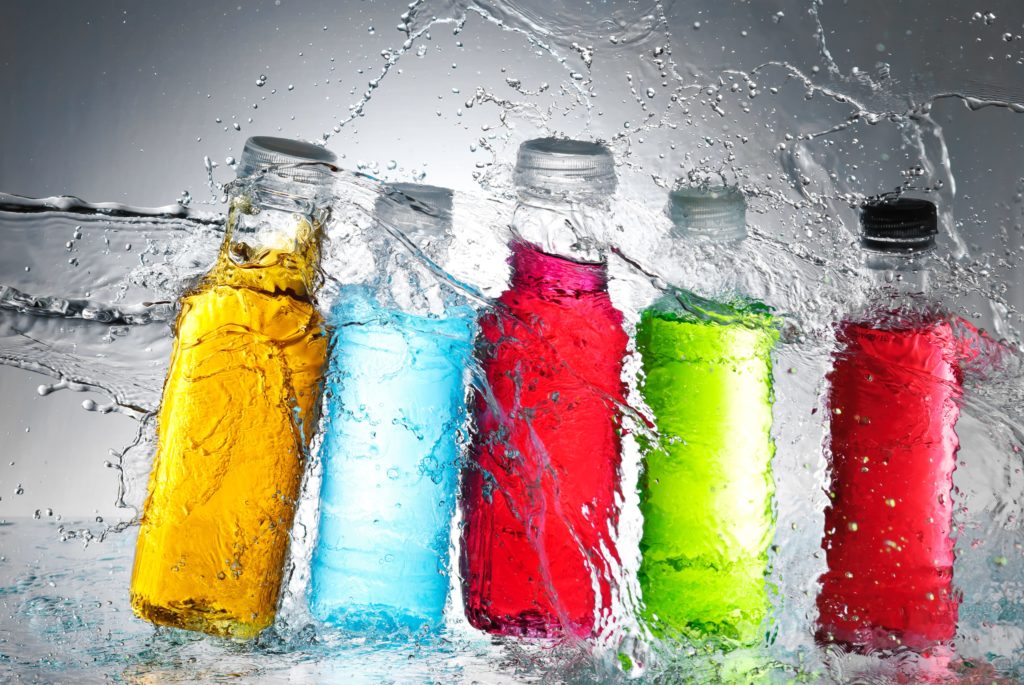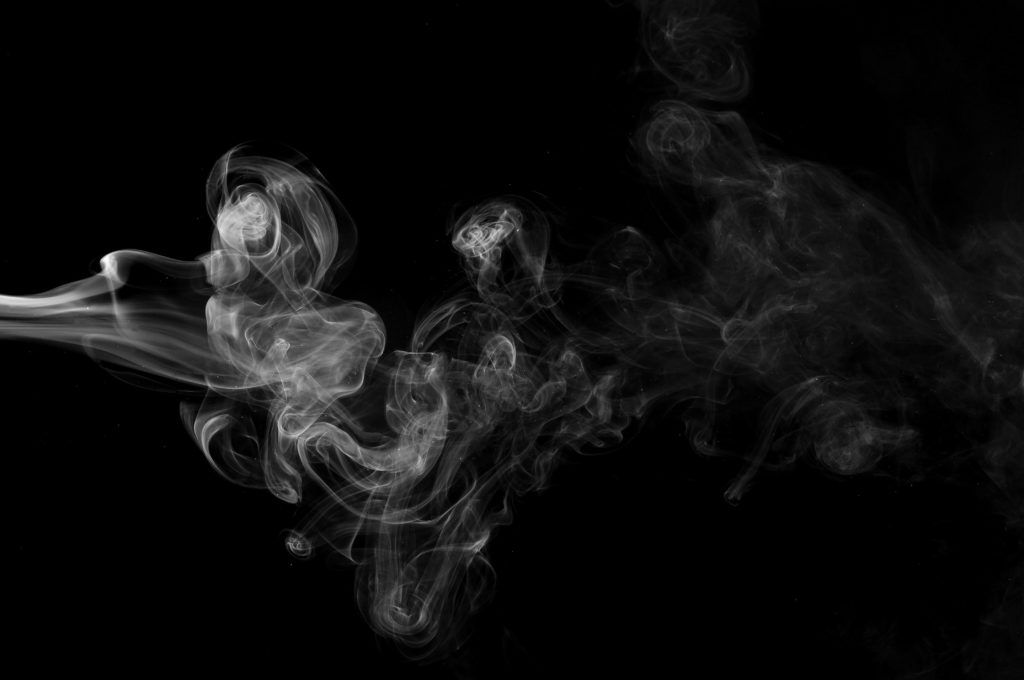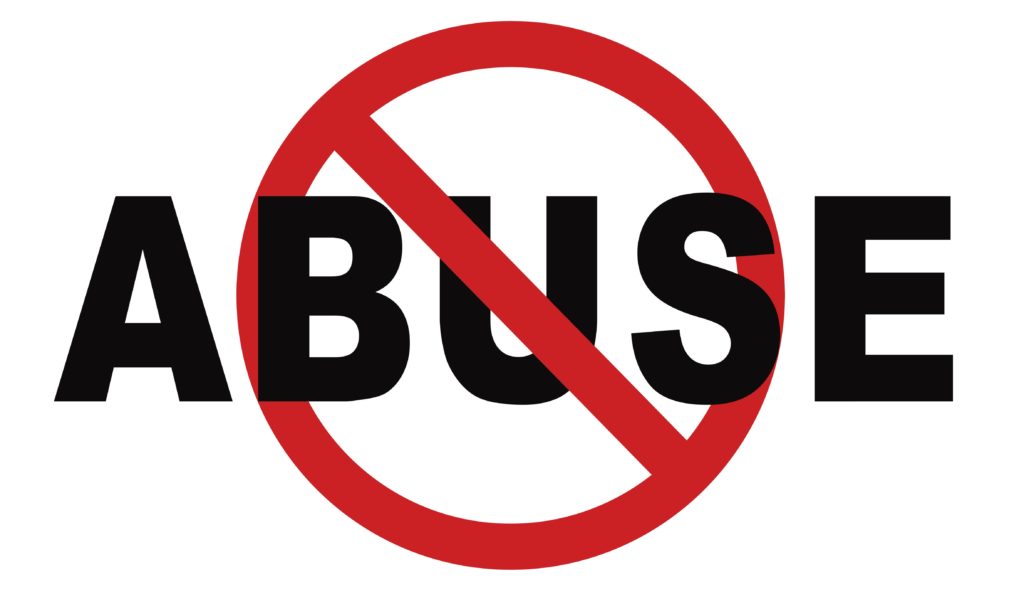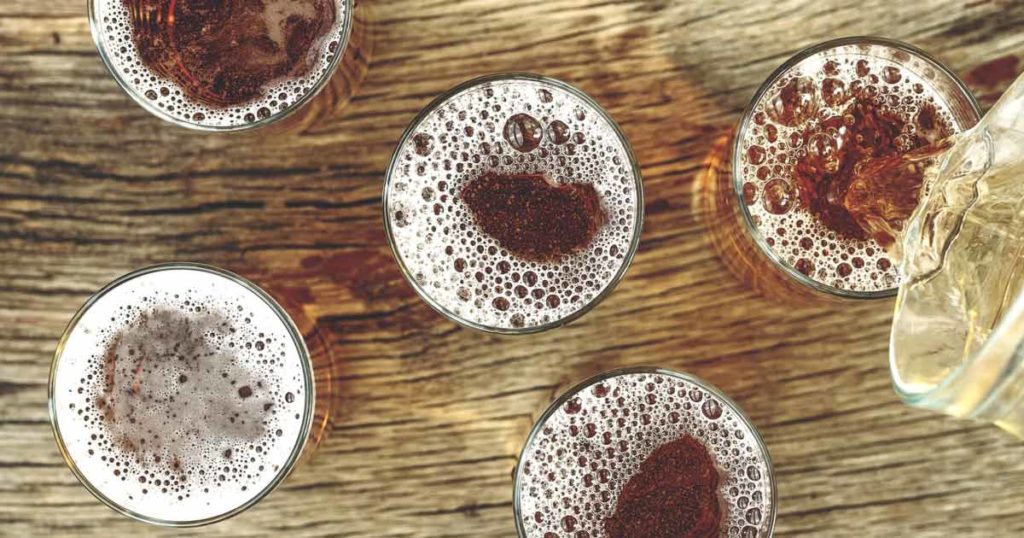Binge drinking is defined by the National Institute on Alcohol Abuse and Alcoholism (NIAAA) as having five or more drinks for men, and four or more drinks for women, within about a two-hour timeframe. In a 2015 report from the NIAAA, almost 27% of adults 18 and older said they had engaged in binge drinking within the past month. And another report in the same year, by the National Survey on Drug Use and Health, established that nearly 40% of college students between the ages of 18 and 22 reported they’d engaged in binge drinking in the past month.
If you suspect a loved one has a problem with binge drinking or are concerned about your drinking habits, contact The Right Step’s binge drinking treatment center at 17135283709. We can help.
Tactics to Temper Binge Drinking
While binge drinking and alcohol dependence are two very different issues, binge drinking still carries with it very negative physical, emotional and interpersonal consequences. These negative consequences include interference with brain development, liver problems, injuries, increased risk of alcohol use disorders, sexual assaults, and even death. If you or a loved one wants to reduce the amount of alcohol you consume, the following tactics could help you determine how to stop drinking excessively.
Change Your Environment
Identify triggers and try to limit the amount of time you spend in places and with people where drinking is the central focus. Limit interaction with other binge drinkers so the temptation to drink heavily is lessened.
Use Standard Drink Measurements
You can learn how to stop drinking more than you are meant to by knowing how much you are actually drinking. Understand and adhere to standard drink sizes. For instance, one beer is 12 ounces, one glass of wine is 8 ounces, and one drink of liquor is 1 ounce. Try not to drink out of glasses that hold more than the standard amount to avoid miscalculating how much alcohol you’ve consumed. Drinking one “big beer” or one “double” mixed drink at a bar or restaurant counts as two drinks, not one.
Set SMART Goals
SMART goals are:
- Specific
- Measurable
- Attainable
- Realistic
- Time-oriented
Since controlling alcohol intake can be challenging once drinking has begun, use SMART goals to detail how to stop drinking when you intend to. For instance, rather than vowing not to “overdo it this weekend,” set a goal to “not drink on any other day this week but Saturday, and have no more than three alcoholic beverages that night.” One way to adhere to set limits is to bring only enough cash for the requisite number of drinks and leave credit and debit cards at home.
Drink Non-Alcoholic Beverages
Drinking is social and may make reducing alcohol consumption difficult if you or your loved one enjoys engaging in social activities that involve alcohol. Try to reprogram yourself to learn how to stop drinking alcohol during social events, even though you are still drinking beverages with others. One way to do this is to drink non-alcoholic beverages or “virgin” versions of your favorite cocktails. You can also reduce your drinking amount by substituting every other drink with water, soda, or other non-alcoholic beverage.
Reward Yourself
Treat yourself to non-alcohol-related rewards for reaching goals to give yourself positive reinforcement for sticking to limits.
Keep a Drinking Journal
Keep a journal of places, dates, quantities of alcohol consumed, and accompanying physical and emotional feelings. This way, you can see how far you have come and be reminded why you’ve decided to reduce your alcohol intake.
Enlist Help
Get help from friends and family to keep you on track and lend support when needed. Be open and honest with your loved ones about what you are going through, how they can help, and how you hope to help yourself. If you haven’t gotten that far yet, accept suggestions. They want what’s best for you, after all.
Consult a Doctor
Talk to your doctor to determine if past binge drinking episodes may have created or exacerbated medical conditions. You may also want to ask your doctor if they have any suggestions about how to stop drinking excessively.
As with any addiction, the best way to begin recovery from alcohol addiction is with the professional help and care of an addiction treatment facility.
Learn to Temper Your Binge Drinking at The Right Step
Tempering binge drinking can be problematic, but it is not impossible with a good strategy, firm limits, and the right help and care. Alcohol addiction treatment can help you regain control of your life and rebuild relationships. Contact The Right Step at 17135283709 for more information, or fill out our online form and let us get back to you.






